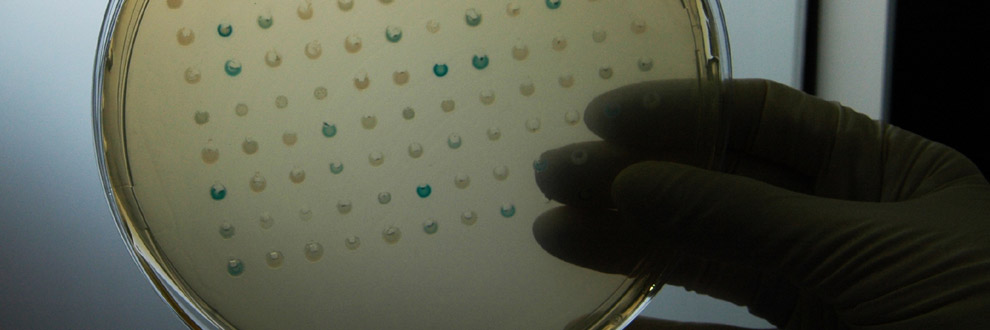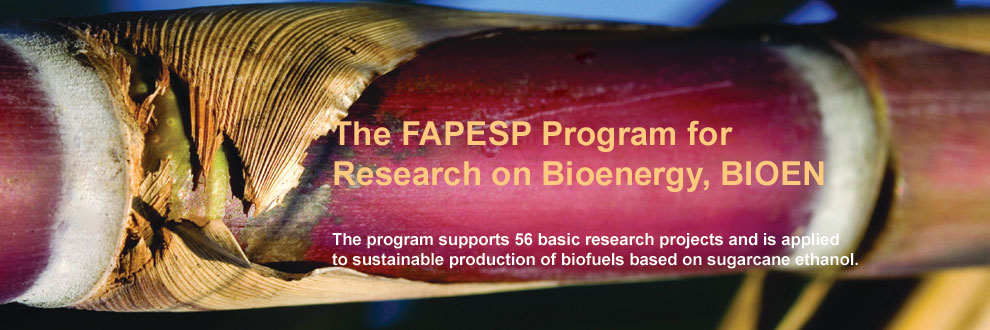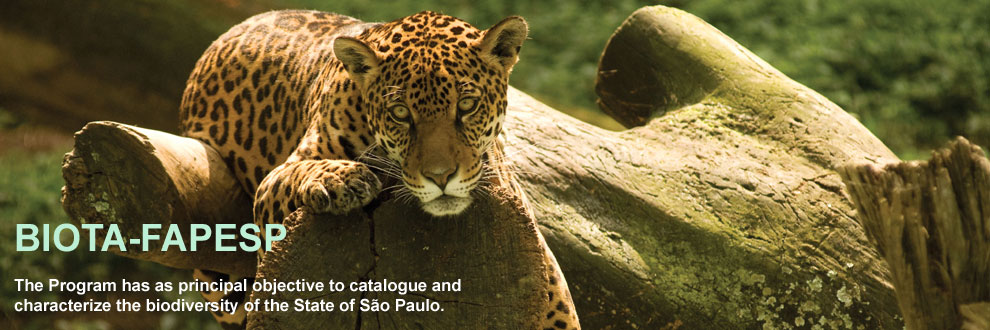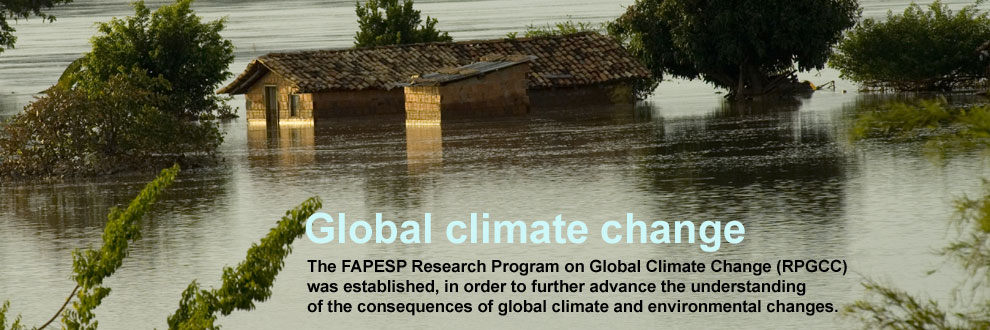 |
USP – University of São Paulo: "Subnational governance and public policies in Brazil" |
 |
UNICAMP – University of Campinas: "From Genomic Science to a Biotechnology Startup: the Alellyx Experience" |
 |
USP – University of São Paulo: "The changing atmospheric composition in Amazonia" |
 |
USP – University of São Paulo: "Investigations of Quantum Turbulence in an Atomic Superfluid: generation and characterization" |
 |
A.C. Camargo Cancer Hospital & FAPESP: "Molecular genomics and genetics in the management of cancer" |
 |
USP – University of São Paulo: "Regulatory T cells, Th17 cells and TLRs: crucial roles in the immunity to Paracoccidioides brasiliensis infection" |
 |
ETH Bioenergia: "Building an R&D program for bioenergy production from sugarcane in Brazil" |
 |
INPE – National Institute For Space Research: "Land change and human-environment interactions in Amazonia: integrative modelling approaches" |
 |
CUNY – The City College of New York: "Evolutionary biogeography and biodiversity prediction in the Atlantic forest hotspot: an example of a successful Brazil-US partnership" |
 |
UNICAMP – University of Campinas: "Totally Integrated Linear and Non-Linear Optics Multimodal Microscopy Platform to Understand Single Cell Processes" |
 |
USP – University of São Paulo: "Trypanosoma cruzi: parasite interaction with mammalian host cells" |
 |
UNICAMP – University of Campinas: "Potential drug targets for vaso-occlusion in sickle cell disease: Endothelial cell interactions and inflammation" |
 |
FAPESP: "An overview of S&T in São Paulo, Brazil" |
 |
University of Pennsylvania: "Universal Health Care and Local Community Participation in Brazil" |
 |
USP: "Origins and Evolution of Antigenic Diversity in Malaria Parasites" |
 |
UNICAMP – University of Campinas:"The Optics and Photonics Research Center at Unicamp" |
 |
GSID - Global Solutions for Infectious Diseases: "Butantan: Developing a dengue vaccine for Brazil" |
 |
The Synthetic Genomics: Revolution - Harnessing the power of biology to solve global problems |
 |
OSUVM – Ohio State University Veterinary Preventive Medicine: "VPH-Biotech Global Consortium" |
 |
PITT: "Host-pathogen interaction networks in parasitic infections viewed by deep sequencing" |
 |
JPL – Jet Propulsion Laboratory: "Measurement of the Earth's Terrestrial Ecosystems from Space: Concept for a 21st Century Global Biochemistry and Biodiversity Mission." |
 |
OSU – Ohio State University: "From Plant Systems Biology to Renewable Fuels" |
 |
OSUMC - Ohio State University Medical Center: "Supramap – Weather Maps for Infectious Diseases Based on Analysis of Genomic and Geographic Data" |
 |
Unicamp: "BIOTA+10: a Successful Experience in Combining Biodiversity Research, Personnel Training, Bioprospection and Public-policy Impact, in Sao Paulo, Brazil" |
 |
Instituto Butantan: "Butantan Institute: Research and Production in Immunobiologicals" |
 |
University of São Paulo: "Democracy and Legislative Studies" |
 |
New York Blood Center: "Plasmodium falciparum in Brazil: red blood cell variants & parasite invasion" |
 |
Thayer School of Engineering at Dartmouth: "Launching a Second Generation Ethanol Industry in Brazil" |
 |
USP – University of São Paulo: "Multicolor quantum entanglement" |
 |
USP – University of São Paulo: "Strategic assessment of environmental services with technological tools to help decision making" |
 |
USP – University of São Paulo: "Noise or Symphony: how to make sense of transposable elements" |
 |
USP – University of São Paulo: "FAPESP Program for Bioenergy Research (BIOEN)" |
 |
The University of New Orleans: "Investigative Journalism & Collective Action In Brazilian Democracy: A Positive Legacy Of Authoritarian Repression" |
 |
UNESP – Universidade Estadual Paulista Júlio de Mesquita Filho: "A center for U.S. Studies in Brazil" |
 |
UTMB - The University of Texas Medical Branch: "Dengue - a virus without borders" |
 |
USP – University of São Paulo: "The FAPESP Research Program on Global Climate Change" |
 |
MNH – Carnegie Museum of Natural History: "Growth of phylogenetic systematics in Brazil, and it significance to studies of biodiversity" |
 |
USP – University of São Paulo: "Stem cells investigation aiming cell therapy and as a tool to understand gene function in genetic disorders" |










